Inside you’ll find: Tips for avoiding meltdowns that tend to happen after school.
“But he’s so well-behaved at school! He’s quiet, and follows directions, and never gives us any trouble!” declared the teacher who isn’t know to be a liar.
Yet, I didn’t understand how this teacher could be describing the same kid!
My kid fought me for every speck of control.
My kid had screaming fits that could last an hour.
My kid was barely functioning.
My kid has sensory processing disorder.
And while he was able to keep it together during a long day away, as soon as he walk in the door, he was a meltdown waiting to happen.
Why Do Kids have Sensory Meltdowns After School?
Sensory needs are not always simple mathematics. A + B does not always equal C.
Sure, your child might usually throw a fit over socks, or wiggle constantly. But sometimes they’ll handle it like a champ, leaving you looking like a liar!
Sometimes kids are occasionally able to handle unwanted sensory input and overrule their fight or flight response. Often times, they do those things in public. They fight their strong desires to lose it over a sensory need. But that is INCREDIBLY tiring and draining.
Think of your child as a sensory bank. When the balance on their account is full, they can handle a small “withdrawal” from an annoy bit of sensory input. But if those “withdrawals” keep happening without any positive sensory input being added to the bank, soon a child will be “bankrupt” and have a sensory meltdown.
And school is usually a place where lots of “withdrawals” are being made and very few “deposits”.
When your kid gets home from school, they’re finally in a safe place where they can demand their sensory needs be met, but it’s usually in the form of a sensory meltdown.
How Can I Help My Kid Avoid Meltdowns After School?
Transitions can be extremely hard for kids with sensory needs. Their world feels out of control, they’re often anxious about what sensory experiences are going to come at them next.
Help alleviate some of their concerns by giving your child routine AND choices.
Two main options should always be available for you child right when they get home, depending on their needs and desires.
Quiet Time
A lot of sensory kids, especially the ones that deal with avoidance issues, need some time to decompress from the onslaught that is a school setting.
Give them a space and time that is relaxing in a visual, tactical, auditory. Even consider calming smells. There’s tons of ideas out there on how to create a calming sensory environment but this one from my friend Sharla is one of the best sensory rooms on a budget I’ve ever seen!
Movement Time
Another polar opposite option that you should always offer is some time to get those wiggles out!
Kids have to spend WAY too much time sitting still during school. The brain NEEDS the body to move. Give your child the opportunity to let it all out. Here’s 8 easy ways to help your sensory seeker get their energy out.
When kids are moving, they’re getting vestibular and proprioceptive input. If you’ve been following this blog for a while, you know that proprioception is the KING of the senses because it helps regulate the whole body. So when a child does proprioceptive activities it is filling up that sensory bank SUPER fast!
P.S. If you’re wondering what is THE most effective sensory activity to prevent meltdowns with your unique child, take this quick, free, informative quiz. I created it to help you get started in the right direction!
Adaptation DURING School
Depending on your school situation, try and see if your officials will let your child have some adaptations, even if they aren’t showing symptoms at school.
Explain the sensory bank to them. Document the trouble you’re having at home. Get medical professionals behind you (one of the “pros” of getting an official diagnosis).
Ask for brain breaks, more recess, active seating, fidgets, and any other non-disruptive tools that can be integrated into a classroom.
If your child’s sensory bank isn’t being completely drained at school everyday, you’ll have a better chance of refilling it after school BEFORE a sensory meltdown.
Sensory meltdowns after school don’t have to be the norm!
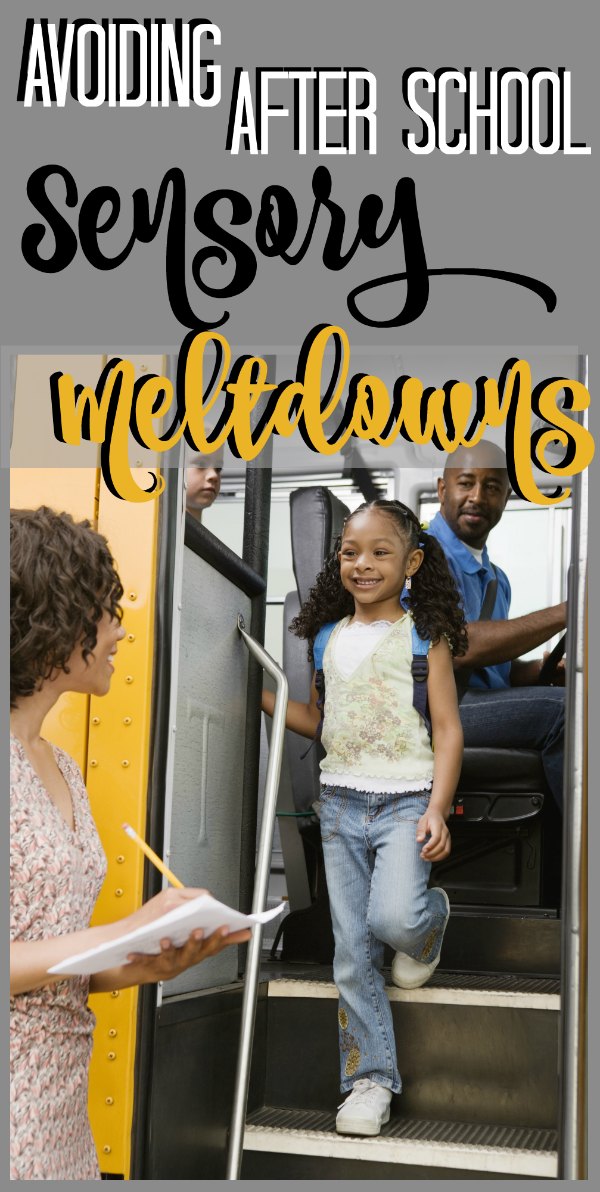

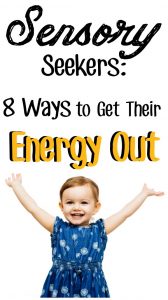
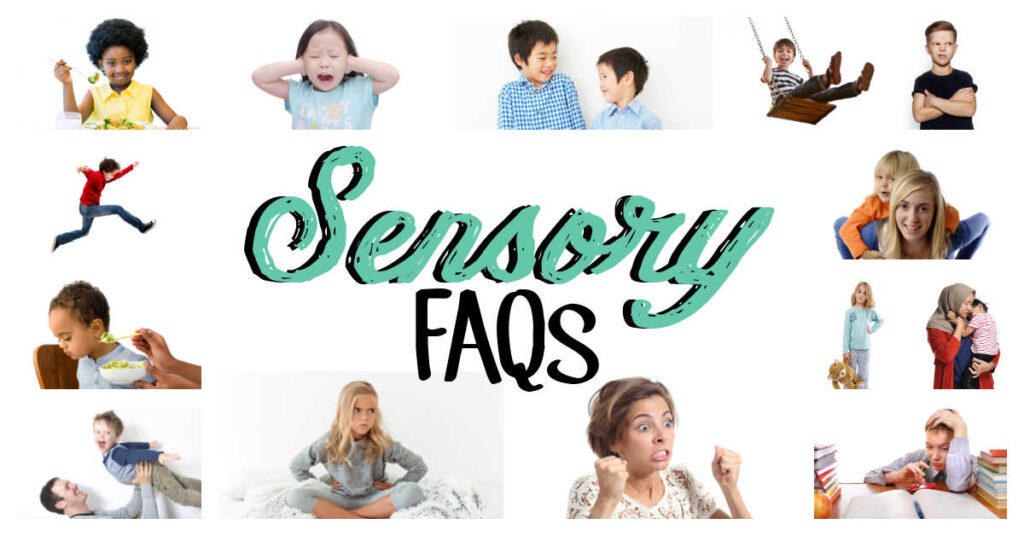




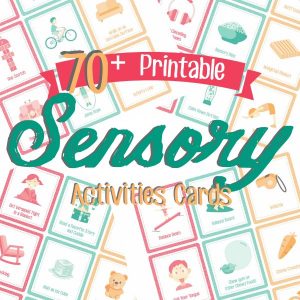

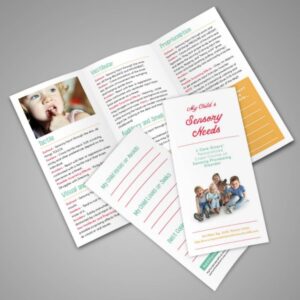
Leave a Reply